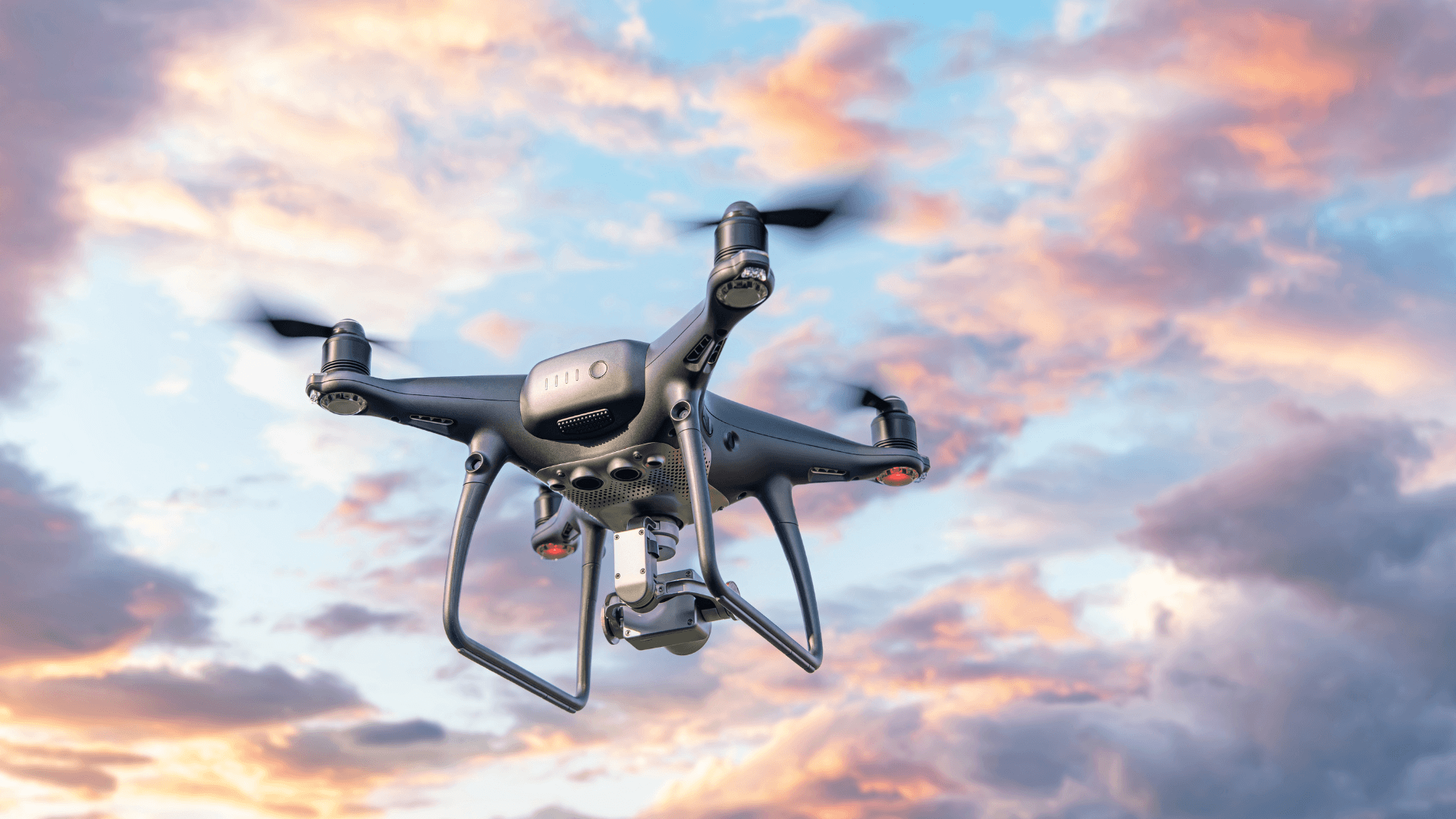The UK Government has announced £4.4 million in funding for a series of aviation technology projects, including drone delivery networks and heavy-lift unmanned aircraft, as part of its wider effort to maintain global leadership in aerospace innovation.
The funding, delivered through the Future Flight Programme by Innovate UK, aims to accelerate the commercial adoption of uncrewed aerial systems (UAS) and zero-emission aviation technologies.
It is part of the Government’s Plan for Change and its commitment to sustainable transport, with broader economic goals of supporting high-skilled jobs, regional growth, and public sector efficiency.
Among the recipients is Apian, a UK-based drone healthcare logistics company, whose London Health Bridge Project will scale operations from 1,000 to 50,000 medical deliveries per month, including blood and pathology samples for the NHS.
“This funding will enable Apian and our partners to develop multiple simultaneous operations (MSO) across our NHS network in London,” said Louisa Smith, Chief Aviation Officer at Apian. “MSO is a vital step closer to scaled, low-cost drone delivery operations in the UK, that will support NHS productivity and resilience while reducing emissions.”
Another grant recipient is the Beyond Restoration project, which plans to deploy long-range, heavy-lift drones to deliver ecological materials to remote and environmentally sensitive areas across the UK. The project is led by AutoSpray Systems and includes partners such as the National Trust and the Woodland Trust
“Our ‘Beyond Restoration’ project will apply innovation to vital conservation schemes: restoring our precious landscapes with efficiency and at scale,” said Andy Sproson, Chief Operating Officer at AutoSpray Systems.
“By pioneering large-scale Beyond Visual Line of Sight (BVLOS) operations, we are not only redefining how conservation can be achieved, but also building the skilled workforce needed for a new industry.”
Also included in the funding round is a Scottish heavy-lift drone pilot for offshore wind farm cargo delivery, which aims to demonstrate cost and time savings in remote industrial logistics.
The Government sees such technologies as critical to the future of UK aviation and the broader economy. According to Aviation Minister Keir Mather, the funding is part of a broader push to ensure the UK remains at the forefront of aerospace innovation.
“We’re backing the next generation of British aviation businesses whose transformative technologies will reshape how we live and work in the years to come,” Mather said. “Investing in emerging technologies like drones and unmanned aircraft is key to build a greener and more efficient transport system. But this isn’t just good news for the environment; this tech will also save our public sector and businesses valuable time and cash, whilst helping to boost skills and support high quality jobs across the country.”
The support for advanced aviation forms part of wider UK Government investments, including a £2.3 billion commitment over 10 years to the Aerospace Technology Institute, and efforts to develop Sustainable Aviation Fuel (SAF) under the forthcoming Sustainable Aviation Fuel Bill.
The Civil Aviation Authority is working with funded partners to ensure new operations comply with evolving safety, regulatory, and integration standards.
As the drone and advanced air mobility sectors continue to grow globally, governments are racing to provide the regulatory clarity and funding support needed to scale these systems.
Startups and mid-sized tech firms are now playing a greater role in shaping the future of aviation, particularly in areas such as last-mile delivery, offshore logistics, and rapid-response healthcare.



Would you like to write the first comment?
Login to post comments